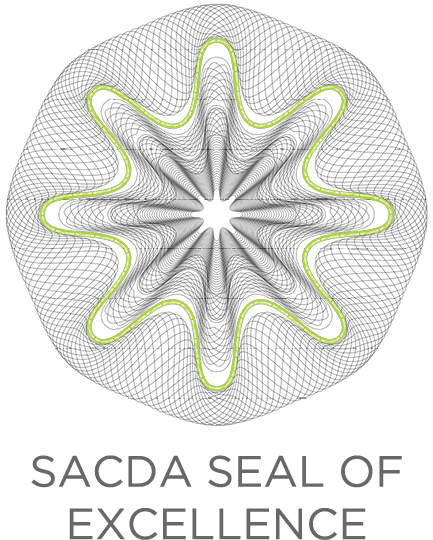Original Research
A mixed methods exploratory study of the utility of social cognitive career theory for research into the careers of entrepreneurial Emirati women in Dubai
Submitted: 13 October 2021 | Published: 15 December 2021
About the author(s)
Pamela Hawkswell, School of Education, University of Southern Queensland, Toowoomba, AustraliaPeter McIlveen, School of Education, University of Southern Queensland, Toowoomba, Australia
Patricia N. Hoare, School of Psychology and Counselling, University of Southern Queensland, Toowoomba, Australia
Abstract
Background: Social cognitive career theory (SCCT) is one of the leading theories within the literature of career development, but there is marginal evidence of its applicability within the diverse nations and cultures of the Middle East and Arab nations.
Objectives: The research involved a mixed methods exploratory design with an aim to determine SCCT’s utility in the context of Dubai and with a specific focus on the careers of Emirati women.
Method: Study 1 used interviews to explore contextual factors affecting women’s careers. Study 2 used a survey to measure core SCCT constructs, namely self-efficacy and outcome expectations, and their relations with work engagement.
Results: The qualitative data from the interviews and quantitative data from the survey found salience in factors that were consistent with the tenets of SCCT.
Conclusion: The findings provide evidence of SCCT’s potential utility in this cultural context; however, future research should extend into a broader and larger sample of workers in Dubai and the UAE.
Keywords
Metrics
Total abstract views: 1832Total article views: 2440
